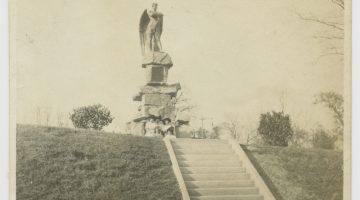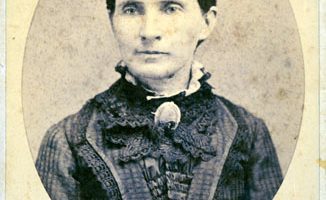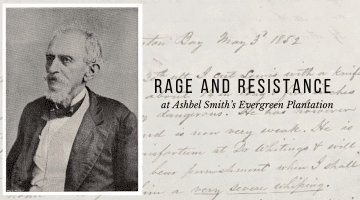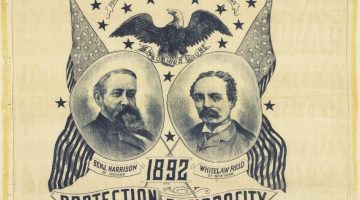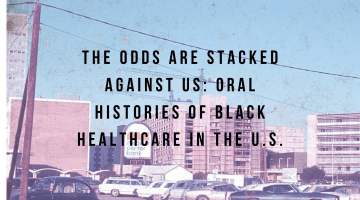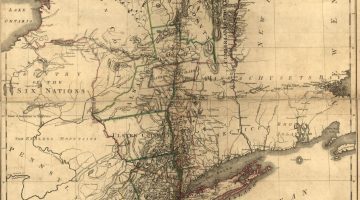
By Madeline Hsu Several UT history faculty, including Daina Berry, Madeline Hsu, Peniel Joseph, Jeremi Suri, and Provost Maurie McInnis, extend their expertise to K-12 classrooms by teaching for the Pace-GLI Master of Arts in American History, with courses such as “The Lives of the Enslaved” and “American Immigration History.” GLI, or the Gilder Lehrman […]

